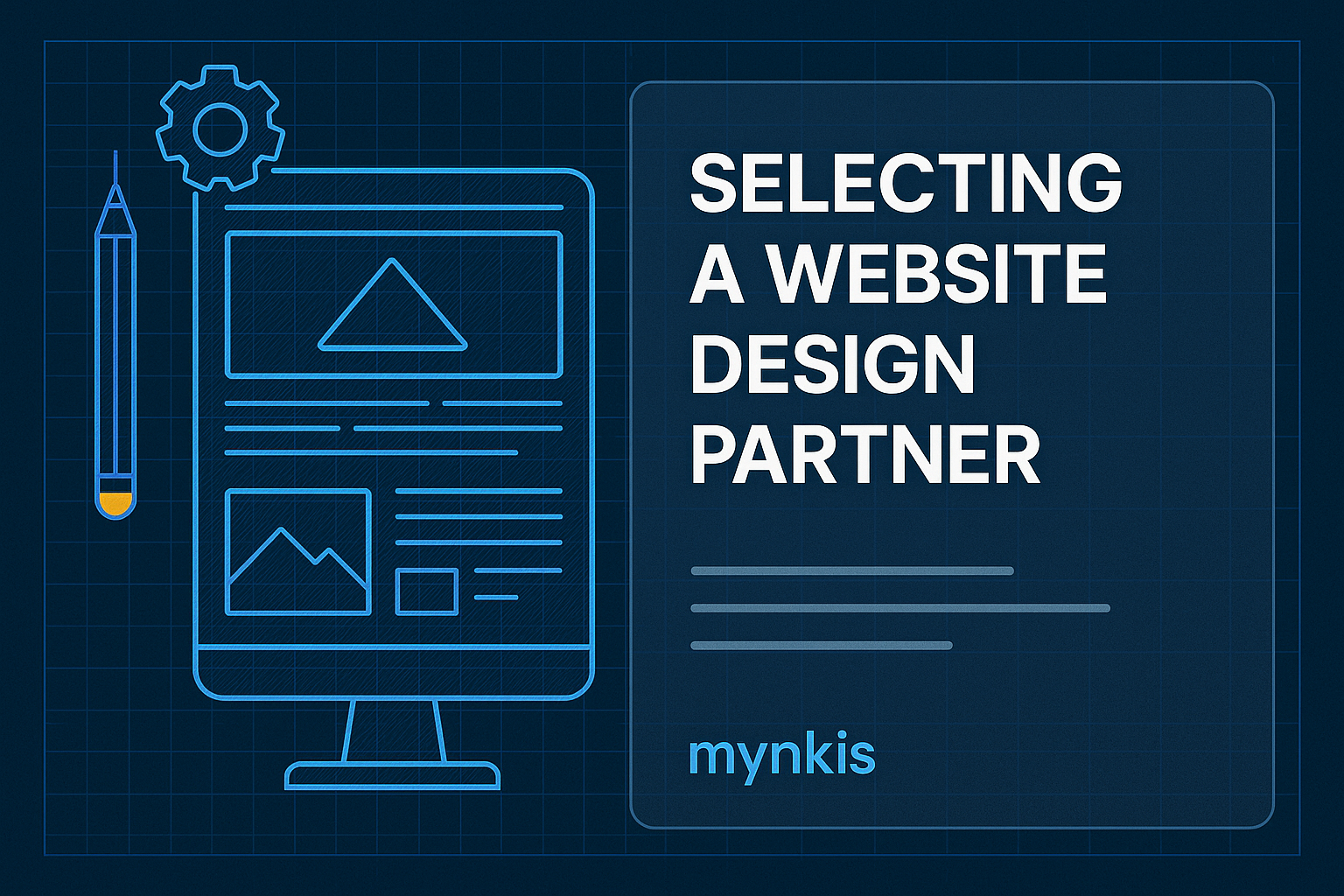Schedule a Demo
Before diving into the search for the perfect website design company, you must first identify your organization’s specific needs. Are you looking to enhance internal tools or create an engaging customer portal? Custom software development is key here, but it's about more than just selecting software; it’s about finding the right blend of functionality and aesthetics. Define clear goals for the project such as improving user experience, streamlining processes, or boosting customer interaction. I've observed in my work with leaders of large enterprises that clarity on these objectives leads to a much more targeted selection process.
Your next step involves diligent research. There's a sea of website design agencies out there, all claiming to offer the best enterprise web solutions. A strategic approach focuses on reputable names by examining their portfolios for similar projects. For instance, if your project emphasizes robust customer portals, look for companies with a history of developing high-performance websites that prioritise user interaction. Also, consider their track record with large organizations; how have they catered to specific industry nuances or enterprise-level complexity?
I’ve learned that the technical prowess of a company is critical. Does the company have experience in custom software development? Can they showcase their expertise in creating seamless, efficient interfaces? Start by reviewing case studies or asking for references. Industry leaders like AWS and Gartner often publish insights into digital trends which can also inform your decisions. But remember, look for hands-on experience over just theoretical knowledge. Technical proficiency will ensure your website not only looks good but works effectively.
In my consultations with C-level executives, I emphasize the importance of creative solutions in website design. A great website combines aesthetic appeal with user-centered design principles. Ask potential partners about their design process. Can they articulate a philosophy that values both creativity and functionality? Review their past work; how do these websites engage and retain users? In our experience based on available research, pairing creativity with strategic intent can significantly uplift a user's experience.
Good communication is the backbone of any successful partnership. Beyond the surface of weekly check-ins and email updates, how well does the agency integrate into your organizational structure? In managing custom software development projects, I've seen smooth operational integration as crucial. Whether it’s setting up agile project management tools or ensuring active leadership involvement, evaluate how well the company listens to your needs and responds to your project's evolving requirements. Are they flexible and open to changes?
Time and money are non-negotiable factors. Establish a detailed timeline with milestones clearly outlined. In terms of budget, honesty is key; some agencies might promise the moon for less, only to falter later. While according to Gartner’s technology advisors, right-sizing your investment upfront can set realistic expectations. Ask about pricing models. Is it fixed-cost or time-and-materials? Understand what's included in the final deal, from hosting to future maintenance.
Once you have proposals in hand, it's time to compare them. Each will showcase their approach to custom software development and enterprise web solutions differently. Look for comprehensive plans that address your defined objectives rather than generic sales pitches. Examine how they’ve tackled potential risks and their methods for ensuring project delivery on time and on budget. The proposal should feel like a bespoke solution tailored to your organization's vision.
Your partnership shouldn't end at the launch. Long-term support and maintenance are vital, especially for high-performance websites. How does the agency handle updates and upgrades? Do they provide ongoing training or support services for your team? Understanding your options here is just as critical as the initial development phase. High-performance websites thrive with careful, continuous nurturing by a reliable partner.
Lastly, but no less importantly, trust your instincts. In my journey facilitating partnerships for robust website designs, I’ve noticed that a good cultural fit tends to forecast a successful collaboration. Dig into the company’s culture, their work-life balance, and how they treat their employees. Are they transparent about their process? Are their reviews on platforms like Clutch indicative of satisfied clients from similar sectors? These details give you insights into the long-term working relationship you might establish.
